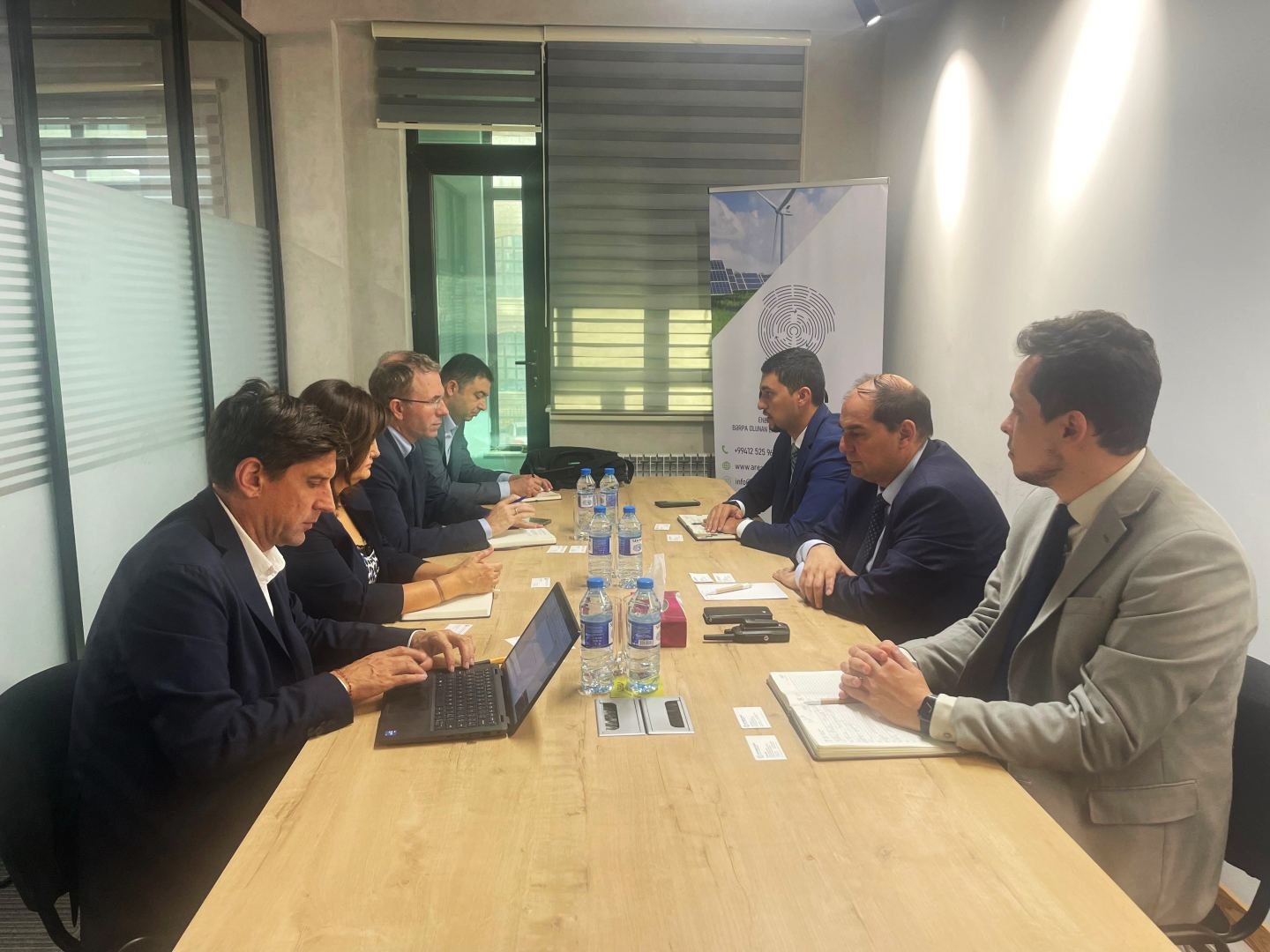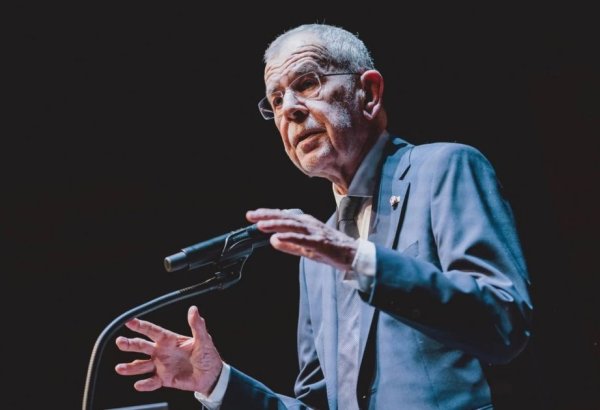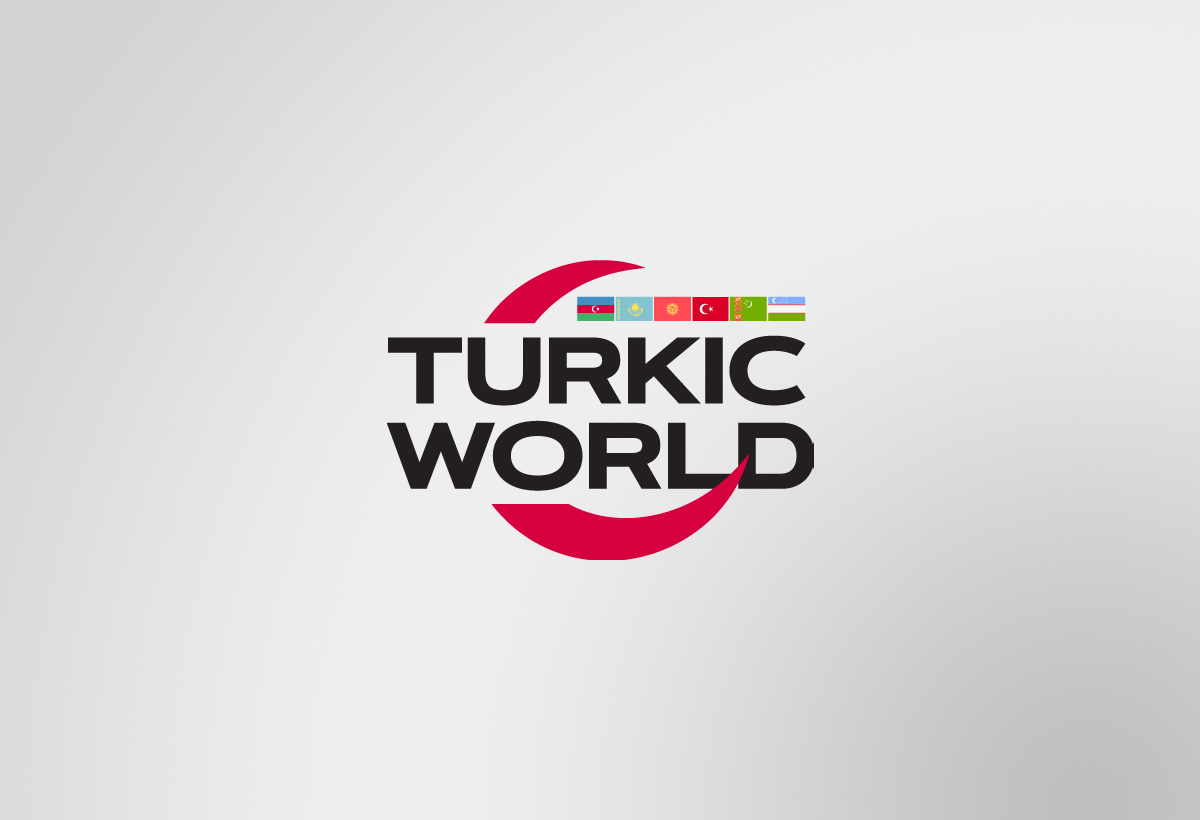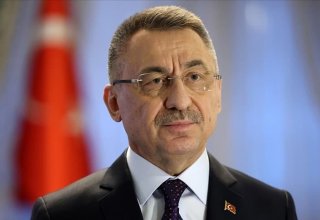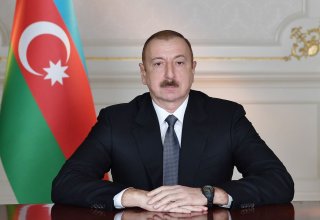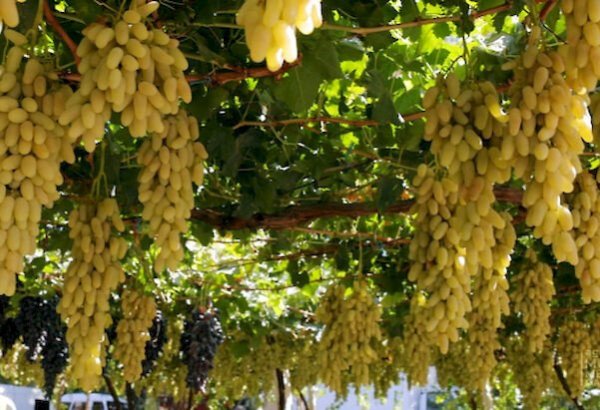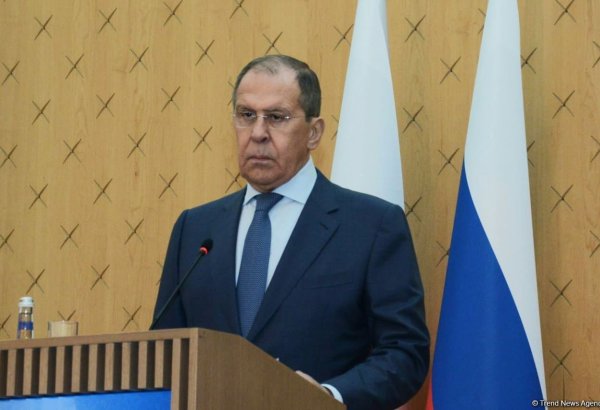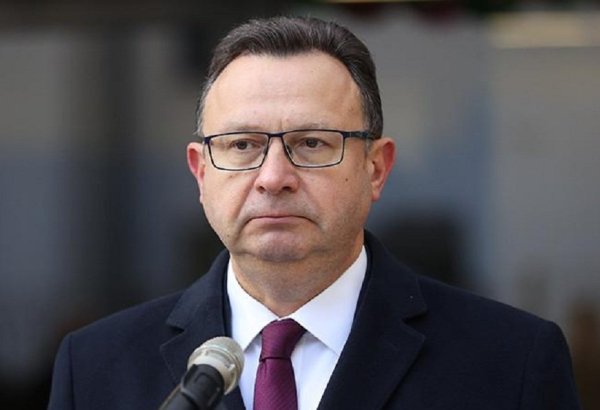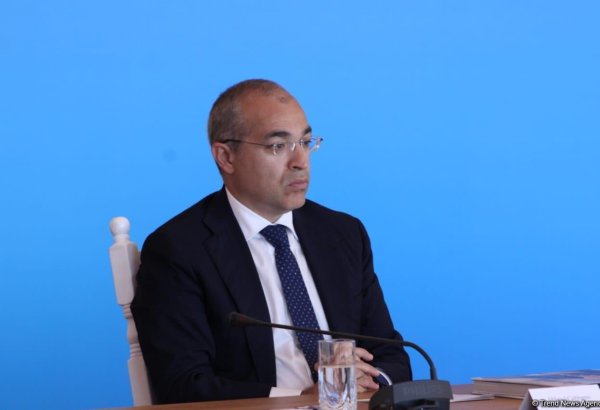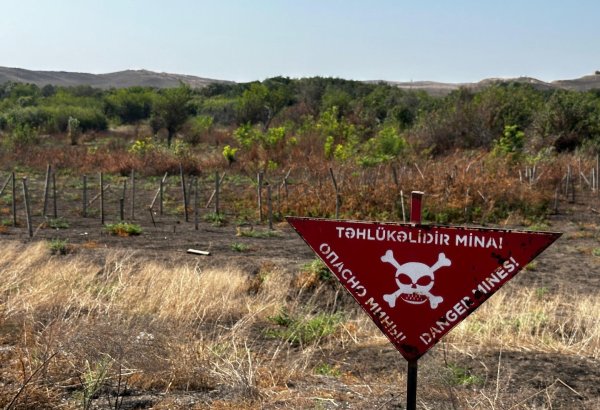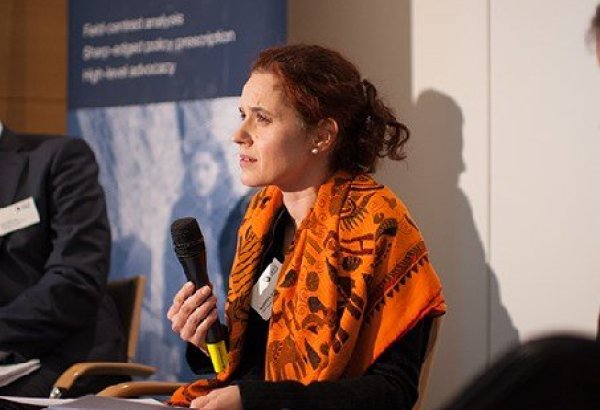BAKU, Azerbaijan, October 30. Azerbaijan and IFC discussed the export routes of green energy, TurkicWorld reports.
The data of the Azerbaijan Renewable Energy Agency (AREA) under the Ministry of Energy of Azerbaijan shows that AREA Director Javid Abdullayev met with representatives of the International Finance Corporation (IFC), a member of the World Bank Group.
During the discussion, the parties discussed the possibility of working together on renewable energy projects such as offshore wind power, hydrogen, and green energy export routes in Azerbaijan.
IFC previously stated its commitment to assist Azerbaijan in reaching a new level of renewable energy growth.
Furthermore, the International Finance Corporation (IFC) and the International Bank for Reconstruction and Development (IBRD) are collaborating with the Azerbaijani government to build an offshore wind roadmap, launch offshore wind development, and attract developers and private investors to the country.
Furthermore, the roadmap for offshore wind energy development released by Azerbaijan's Ministry of Energy, the IBRD, and the IFC reveals that the country has a potential of seven gigatonnes of offshore wind energy by 2040.
Azerbaijan receives significant international assistance in developing renewable energy sources. A number of agreements with overseas partners have already been signed. Agreements with Masdar, ACWA Power, and bp, as well as a contract with the Australian company Fortescue Future Industries for 12 GW, are strategically important in terms of growing Europe's supply of energy resources.
The first 240-megawatt solar power plant with bp is set to open by the end of the year. Azerbaijan has signed Memorandums of Understanding (MoUs) and contracts totaling 10 gigatonnes.
Europe is Azerbaijan's largest market for green energy, and there is already a particular scheme in place to supply electricity from renewable sources. On December 17, 2022, Azerbaijan, Georgia, Romania, and Hungary signed a strategic collaboration agreement that calls for the development of an energy bridge connecting the Caucasus area to Europe.
As part of the agreement, a Black Sea Energy underwater electric cable with a capacity of 1,000 MW and a length of 1,195 km is anticipated to be built. The cable would transport green electricity generated in Azerbaijan through Georgia and the Black Sea to Romania, where it will be distributed to Hungary and the rest of Europe. This will enable for the generation of up to four GW of renewable energy.








